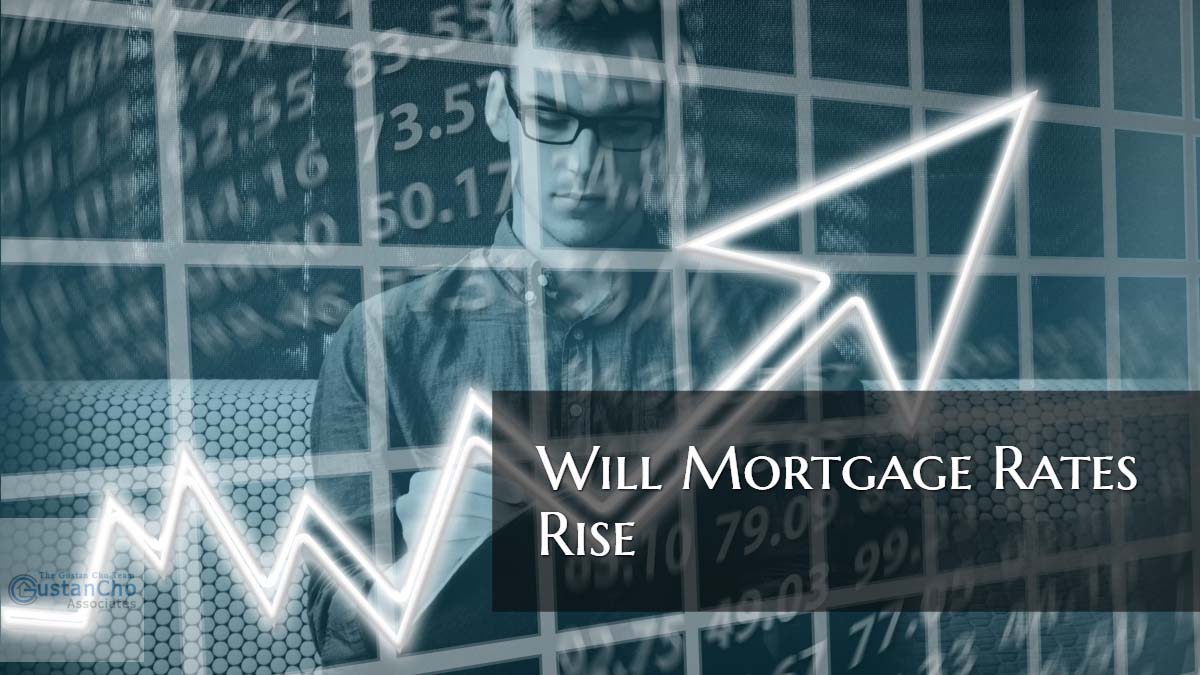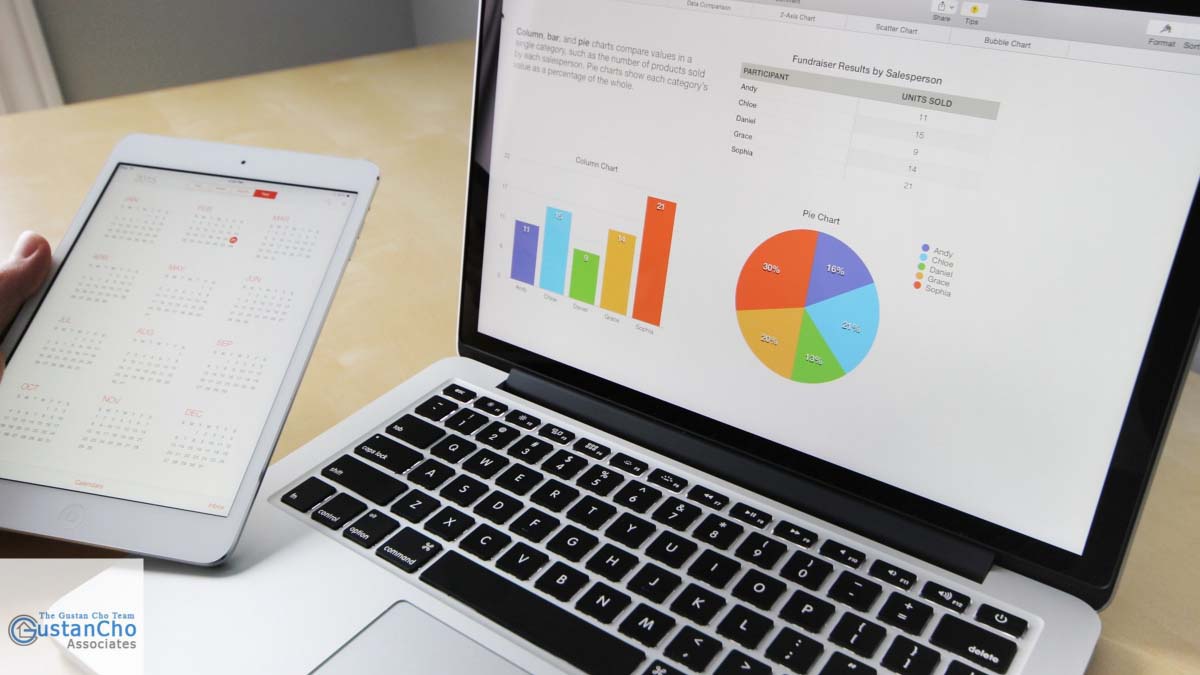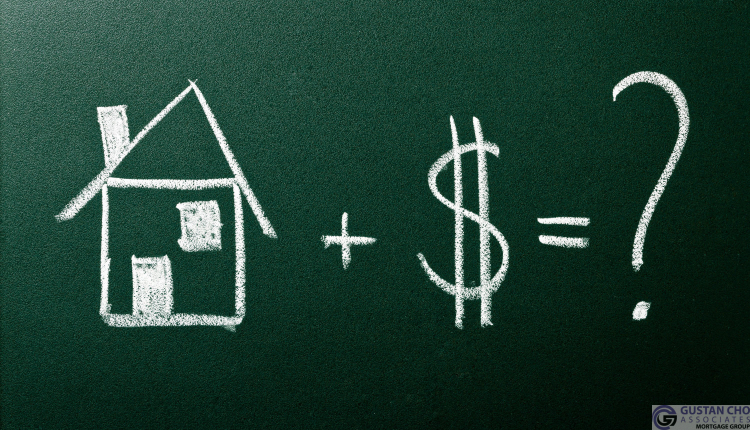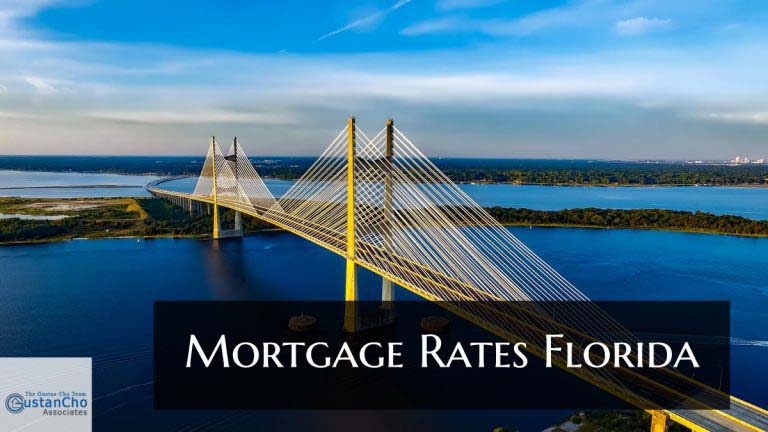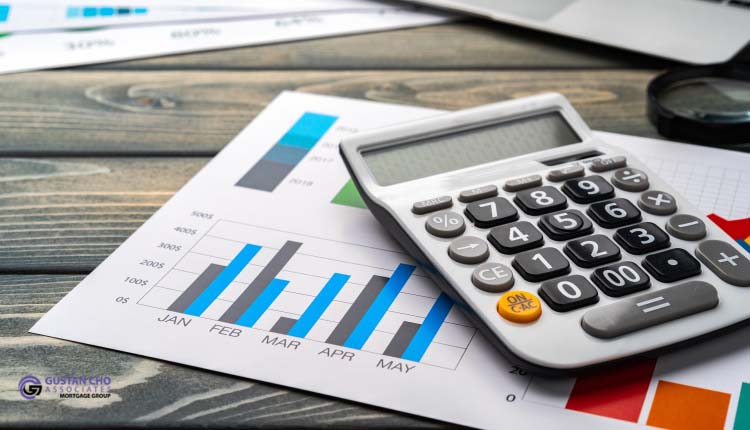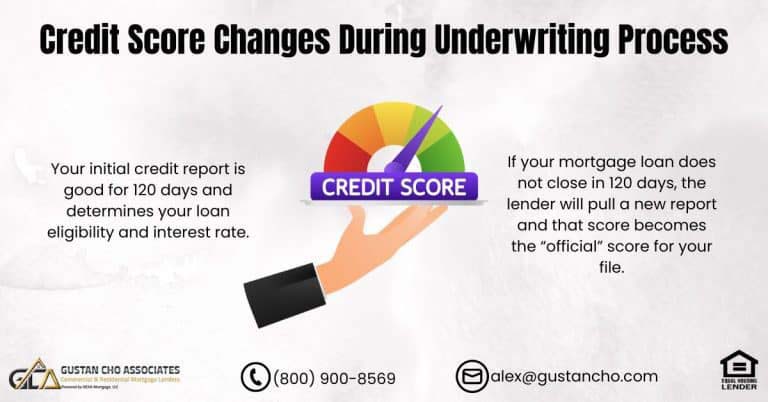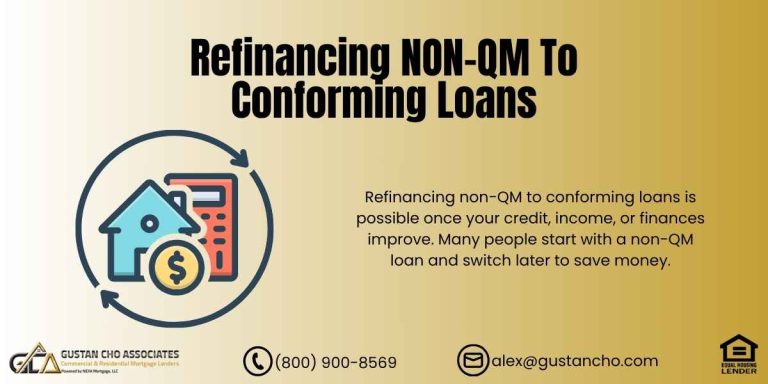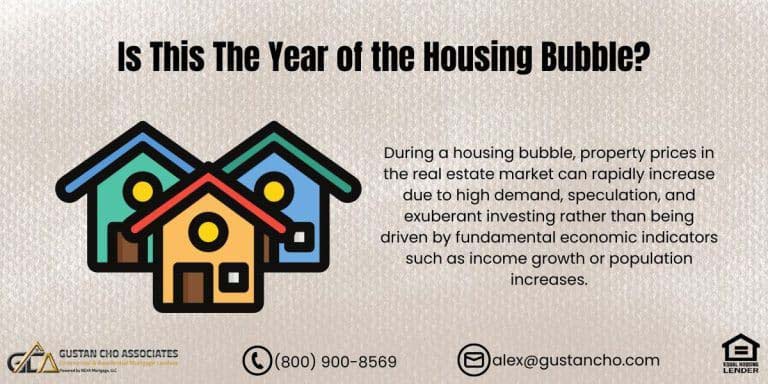Will mortgage rates rise or will there be a correction in 2025? With interest rates and home prices at the top of mind for both homebuyers and real estate investors, many are asking the big question. While no one can predict the future with 100% certainty, we can examine market trends, economic indicators, and expert forecasts to get a clearer picture of what may lie ahead. In this article we will discuss about mortgage rates. Will mortgage rates rise in 2025?
Current Mortgage Rates & Will Mortgage Rates Rise Further?
As of early 2025, average 30-year fixed mortgage rates hover between 6.25% and 7%, depending on the borrower’s credit profile, loan type, and down payment. These rates are considerably higher than the historically low levels of 2020–2021 when rates dipped below 3%, but they have stabilized compared to the volatility of 2022–2023.
Why Will Mortgage Rates Rise in the First Place?
Rates climbed in response to several key economic factors. Inflation is one of the factors. The Federal Reserve increased interest rates aggressively in 2022 and 2023 to combat inflation, directly impacting mortgage rates. Although the Fed doesn’t set mortgage rates directly, its Federal Funds Rate influences overall borrowing costs. Bond market activity also contributes. Mortgage rates usually follow the 10-year Treasury yield, which surged during periods of economic uncertainty. Supply chain issues, energy prices, and geopolitical tensions put upward pressure on rates.
Will Mortgage Rates Rise Or Will There Be A Correction In 2025?
Possibility 1: Rates Could Rise Modestly
Some analysts are expecting a gradual increase in rates depending on the following items:
- Sticky Inflation: If inflation remains above the Fed’s 2% target, they may hold off on cutting rates, which could keep mortgage rates from falling.
- Strong Job Market: If the job market stays strong, the Fed might hold off on lowering interest rates.
- Government Debt and Deficits: Concerns about long-term U.S. debt may push bond yields higher, taking mortgage rates along with them.
Possibility 2: A Correction May Occur
Others believe we may see a correction in mortgage rates later in 2025 due to:
- Fed Rate Cuts: If inflation cools and the economy slows, the Fed may cut interest rates, lowering mortgage rates.
- Softening Economy: Slower growth or a mild recession could lead to lower demand for credit, pushing rates down.
- Improved Supply Chain and Housing Inventory: If home prices flatten or drop slightly and housing inventory rises, lenders may offer more competitive rates to attract borrowers.
What Would Cause a Sharp Drop in Rates?
A sharp drop in rates might happen because of a significant economic slowdown or recession, unexpected geopolitical crises, collapse in housing demand, or major shifts in global capital markets. These scenarios are unlikely but not impossible. However, most economists foresee a soft landing rather than a crash.
Will Mortgage Rates Rise On Government Loans?
As of March 26, 2025, mortgage rates for government-backed loans in the United States are as follows:
- FHA 30-Year Fixed-Rate Mortgages: Approximately 7.35% for new purchases and 6.91% for refinancing.
- VA 30-Year Fixed-Rate Mortgages: Around 6.46% for new purchases and 6.57% for refinancing.
These mortgage rates are influenced by factors such as inflation trends, Federal Reserve policies, and overall economic conditions. For instance, the Federal Reserve’s recent decisions to maintain or adjust interest rates can impact borrowing costs across various loan types. It’s crucial to keep in mind that mortgage rates can change depending on individual circumstances, including credit score, loan amount, and lender-specific terms. For the most accurate and personalized information, it’s wise to consult with a mortgage professional or financial advisors.
What Does a Mortgage Rate Correction Mean for Buyers and Homeowners?
For buyers, mortgage rate correction means more affordable monthly payments and improved purchasing power. It also gives a better chance of getting qualified for a larger loan, and more competition as buyers re-enter the market. For homeowners, it gives opportunity to refinance to a lower rate, home values may stabilize or grow more slowly, an less urgency to sell due to improved affordability.
Will Lower Mortgage Rates Trigger a Housing Market Boom Again?
Not necessarily. While lower rates do help affordability, home prices remain high in many parts of the country. In addition, tight inventory continues to limit buying options. We may see a more balanced market rather than a red-hot seller’s market like in 2021.
Tired of paying mortgage insurance on your FHA loan?
Apply Now And Get recommendations From Loan Experts
Refinance Current FHA Loan To Conventional Loan And Eliminate Mortgage Insurance
Many homeowners purchased their homes at the bottom of the housing bubble. This holds true especially homebuyers in the state of California. Many California homeowners do not realize that their homes have appreciated northwards of 30% plus in market value.
- These homeowners who have FHA loans
- They can qualify for a conventional loan where they can now get great mortgage rates
- They can eliminate their FHA annual mortgage insurance premium by refinancing their FHA to a Conventional loan
- California has probably the highest home values in the country and the average loan size is $400,000
- FHA annual mortgage insurance premium on a California home loan with an average $400,000 mortgage loan balance is several hundred dollars per month
- Can save the California homeowner tens of thousands of dollars over the term of their home loan
Frequently Asked Questions (FAQs): Will Mortgage Rates Rise Or Will There Be A Correction In 2025?
1. Will mortgage rates rise in 2025?
Possibly. Some experts believe rates could rise slightly if inflation stays high or the economy remains strong.
2. Could mortgage rates go down in 2025?
Yes. If inflation cools or the Fed starts cutting rates, mortgage rates may drop—many forecasts suggest they could fall into the mid-5% to low-6% range.
3. What will cause rates to go up?
Rising inflation, a strong job market, and delays in Fed rate cuts could all push rates higher.
4. What would lead to a rate correction or drop?
A slowing economy, falling inflation, or recession concerns could cause the Fed to lower interest rates, leading to lower mortgage rates.
5. Will we see rates go back to 3% like in 2020?
Highly unlikely. Experts say those ultra-low rates were due to emergency pandemic-era policies and are not expected to return soon.
6. How do current rates compare to past years?
As of early 2025, rates are between 6.25% and 7%, which is higher than the 2020–2021 lows but lower than the peaks seen in late 2023.
7. Should I wait to buy a home until rates drop?
It depends. If you find a good deal and can afford the payments, buying now and refinancing later might be a smart move.
8. Will lower rates cause home prices to rise again?
Possibly. If rates drop, demand could increase, pushing prices up—though inventory levels and local markets will play a big role.
9. Can I refinance if rates fall in 2025?
Yes. If rates drop meaningfully, many homeowners will have the opportunity to refinance to a lower rate and save on monthly payments.
10. What’s the safest move right now?
Focus on what you can afford now. If rates drop later, you can refinance. Trying to time the market perfectly is tough—even for experts.
Final Thoughts: Will Mortgage Rates Rise or Correct in 2025?
We’re not expecting mortgage rates to skyrocket or crash in 2025. The most likely scenario is a slow and steady correction, dipping into the mid-5% to low-6% range. A return to ultra-low rates is unlikely unless the economy takes a significant hit.
Whether buying, refinancing or just monitoring the market, understanding how rates work and what drives them will help you make more brilliant financial moves.
Need help navigating today’s mortgage market?
Connect with a licensed loan officer at Gustan Cho Associates to explore your best options for buying, refinancing, or planning ahead. Contact us at 800-900-8569 or text us for a faster response. Or email us at gcho@gustancho.com for a free analysis of how much you can save by refinancing. We are a California direct lender with no overlays.
Refinance Your FHA Loan to a Conventional Loan & Eliminate Mortgage Insurance!
Apply Now And Get recommendations From Loan Experts


